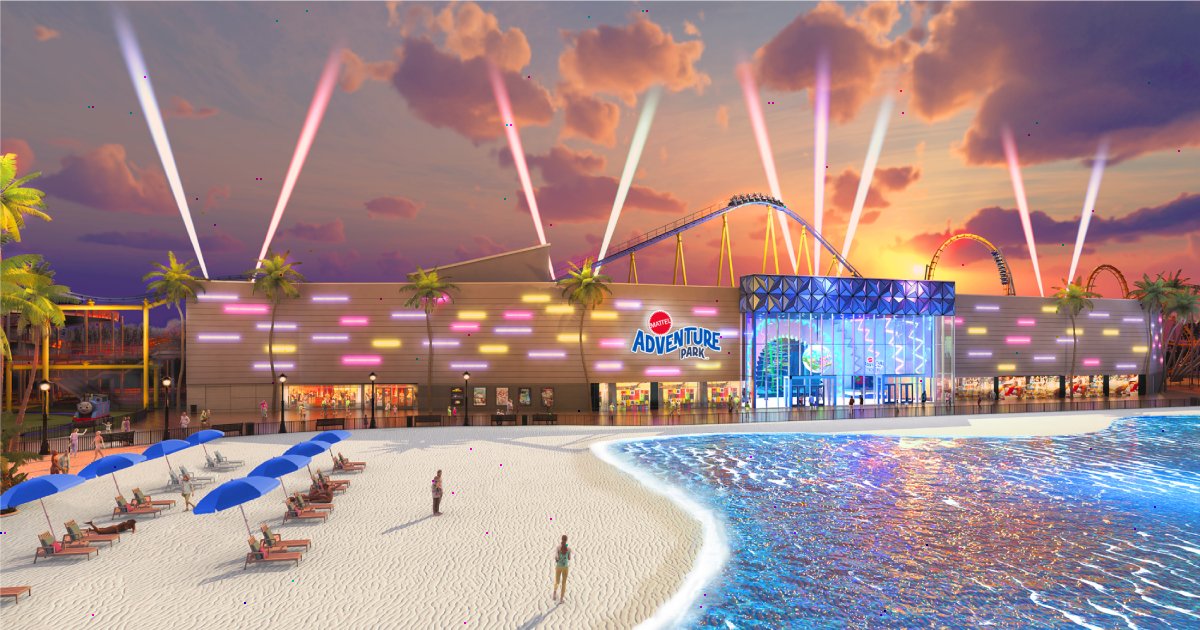Entertainment Licensing Finds New Channels

By Maura Regan
The battle for consumer attention and licensing deals in the entertainment space continued at breakneck speed this year. As the industry turns the corner into 2025, we’re reflecting on some of the most significant stories across film, television, music, video games, and more from the past 12 months.
Constant Content
The “assignment viewing” that once dominated the entertainment landscape continued to give way in 2024 to à la carte offerings primed for licensing.
Following last year’s strikes, theatrical releases appeared to be on the road to recovery with the success of movies like Deadpool & Wolverine, Despicable Me 4, Moana 2, Beetlejuice Beetlejuice, and Wicked. These films featured strong licensing programs—Wicked, for example, gained prime placement across multiple categories at Target.
Not every release was a blockbuster, however. Borderlands generated $33 million in global box office revenue against $145-million production ($115 million) and marketing ($30 million) costs. And Joker: Folie à Deux, which was a sequel to the 2019 origin story that generated a billion-dollar box office, produced about $200 million in box office revenue on a $300-million budget. Both films, however, featured licensing programs that leaned on the IPs’ evergreen elements, shielding many licensees from box office struggles.
And streaming was rife with licensing-ready content, including Arcane (Netflix), Fall Out (Amazon Prime), Shogun (Hulu), The Bear (Hulu), and others. With new seasons of Stranger Things (Netflix) and The Last of Us (HBO Max) on tap for 2025, there is more licensable content to come.
Going Big with Video Games
While video games have long been fodder for licensing, the interest in licensing increasingly extended to developers in 2024. This interest was powered by a spate of TV series inspired by video games. This included Bethesda Games’ Fallout, CD Projekt Red’s The Witcher and Cyberpunk: Edgerunner, and Naughty Dog’s The Last of Us.
While video games have historically had mixed success in films, the TV versions based on these titles expanded the world of the games rather than strictly following the storylines previously covered in the gameplay.
The resurgence in video games came as the industry continued to shift toward digital downloads for delivery of the games and moved away from consoles. When downloads, microtransactions, downloadable content, subscriptions, PC, and mobile are factored in, the physical games market now represents a small share of the video games business. Through the first 40 weeks of this year in Europe, for example, 75% of “new games” were delivered via downloads versus 25% through physical retail.
A New Tune for Music Licensing
Classic rock musicians have spent years selling merchandise both at retail and through stadium-size shows, but many new artists charted a different course this year. This new strategy focuses on selling directly to consumers through the artists’ websites rather than through retail stores. This newfound interest in DTC comes as many up-and-coming artists are more dedicated to building their brands online and across social media than previous generations of musicians.
LBE Expansion
On scales large and small, location-based entertainment (LBE) became an even bigger part of companies’ licensing strategy this year. The format gained speed as mall operators sought to fill their buildings with new tenants, filling space vacated by retailers that were felled by the pandemic, bankruptcy, and broader store closings.
Large-scale theme parks were under construction in Arizona (Mattel), Florida (Universal’s Epic Universe expansion), and Las Vegas (Universal Horror Unleashed at AREA15). Smaller LBEs opened in Dallas (Hasbro’s Peppa Pig) and New Jersey (Planet Playskool). Also on tap are several plans for branded water parks, which for years have largely been the province of smaller, non-licensed operators.
Beloved brands continue to fuel demand for these in-person experiences. Merlin Entertainments unveiled plans for Minecraft parks in both the U.S. and Europe, starting in 2026. And a Squid Games LBE opened in New Y




